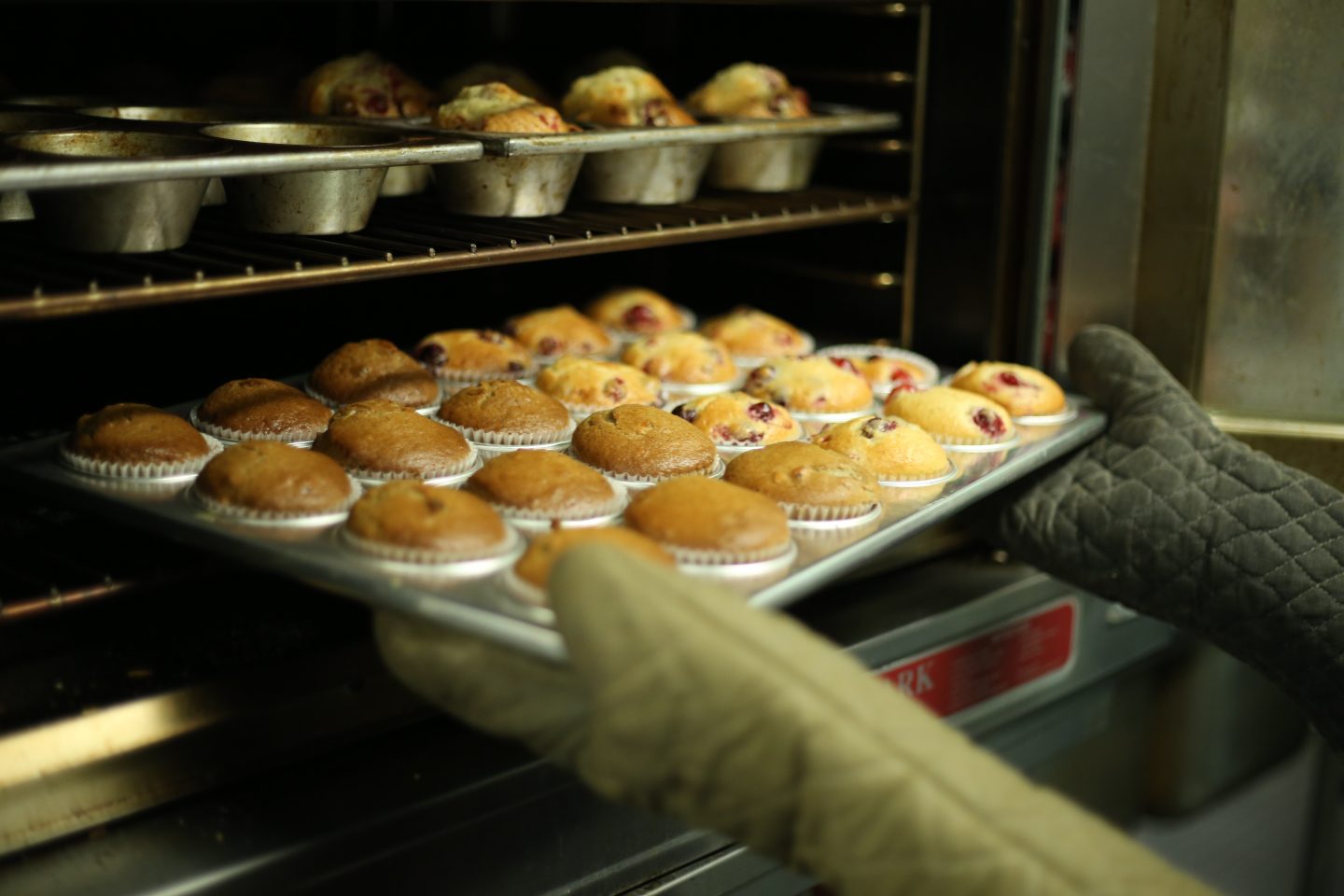Taste and see: Are you a half-baked Christian?
Rev Canon Terry Wong // July 23, 2018, 5:00 am

Photo by Taylor Grote on Unsplash
I recall preaching on Hosea 7:8 almost 20 years ago: “Ephraim is a cake not turned.” Another version uses the term “half-baked”.
If you have cooked or baked long enough, you would probably be acquainted with the dreadful experience of turning out food that looks cooked, only to discover that it is cooked just on one side. If you have done pancakes or flat breads like chapati, that will be the closest description to this verse.
Moving from the kitchen to something that is more visceral in our urban jungle: Imagine a half-completed high-rise building. The builder has gone bankrupt and the project is now abandoned. It has become a catch-22 situation because it costs too much to tear down or to complete it. Instead of it being a part of the city that one can be proud of, it has become an eyesore.
That ingredient called integrity
As old as this verse in Hosea is, God’s people have always experienced the problem of “mixture”. The Bible uses many other metaphors to describe and warn us about this condition. We recall the Lord’s message to the Church in Laodicea, that she had become “neither hot nor cold” (Revelation 3:15). It carries the same idea of mixture, though metaphorically, it seems like a contradiction to Hosea’s.
This is a reality which we need to grapple with as we live out our Christian life and calling. Our motives are mixed. There is a lack of integrity. I am not talking about public-private hypocrisy. Integrity comes from the root word “integer”, which means “one”. Our life is not one, integral or whole. It is only cooked in parts, built up in parts.
There is a strange teaching going around in Singapore that says that we do not need to ask for forgiveness of our sins. It is an idea as old as the “positive thinking” teaching of the late American, Norman Vincent Peale, which has dominated huge sections of American philosophy and even Christianity. The problem is that it looks so good, but only from one side. A USA presidential candidate has been known to trump Norman as his mentor.
I reproduce here a quote from an article I read recently:
“Christianity is a religion of losers. To the weak and humble, it offers a stripped and humiliated Lord. To those without reason for optimism, it holds up the cross as a sign of hope. To anyone who does not win at life, it promises that whoever loses his life for Christ’s sake shall find it. At its centre stands a truth that we are prone to forget. There are people who cannot be made into winners, no matter how positive their thinking. They need something more paradoxical and cruciform.” (Matthew Schmitz, First Things, August 2016)
Due to this mixture in our hearts, we need to come before God constantly in brokenness and humility. The Bible constantly seeks to alert us to our mixed condition. God calls our attention to – not away from – it.
God and the ‘mixture’
Jeremiah 17:9 despairs: “The heart is deceitful above all things, and desperately sick; who can understand it?” The next verse gives hope, for “I the Lord search the heart …”
Before His Word and in His presence, we need to constantly bring and open our hearts. Like the ancient psalmist, we need to constantly declare: “Search me, O God!” (Psalm 139:23)
There is one part of Jesus’ teaching which seems tolerant of mixture. You would have read the message of the Parable of the Wheat and Tares (Matthew 13:24-30). There is a current reality of mixture. There will be a separation, a result of judgment. As to who is useful, wheat or useless tares, this can only be known in the future and that task of separation and identification belongs to God. This task is not ours nor is it to be done presently. We are too quick to apply any warning about mixture to others rather than ourselves. We like to imagine who are the wheat and tares in the church.
What the Bible is saying is: Let others be.
Instead, focus on your own heart and life. Allow the gaze and grace of God to deal with the mixture. In fact, it is when we are conscious of our own brokenness that we are more ready to forgive others. “Forgive us as we forgive those who sin against us” (Matthew 6:12).
Brokenness is the wellspring of compassion.
Don’t leave the cake unturned.
This article was first published in the an online publication of St. Andrews Cathedral, Vicar Writes.
Reflection and Discussion
1. What are the areas in your life about which you have mixed motives? Allow God to search your heart.
2. Is there a person with whom your relationship lacks integrity? Is there a person whom you have judged unfairly? Confess this to the Lord and pray for forgiveness (1 John 1:9), and seek the way of restoration.
We are an independent, non-profit organisation that relies on the generosity of our readers, such as yourself, to continue serving the kingdom. Every dollar donated goes directly back into our editorial coverage.
Would you consider partnering with us in our kingdom work by supporting us financially, either as a one-off donation, or a recurring pledge?
Support Salt&Light


